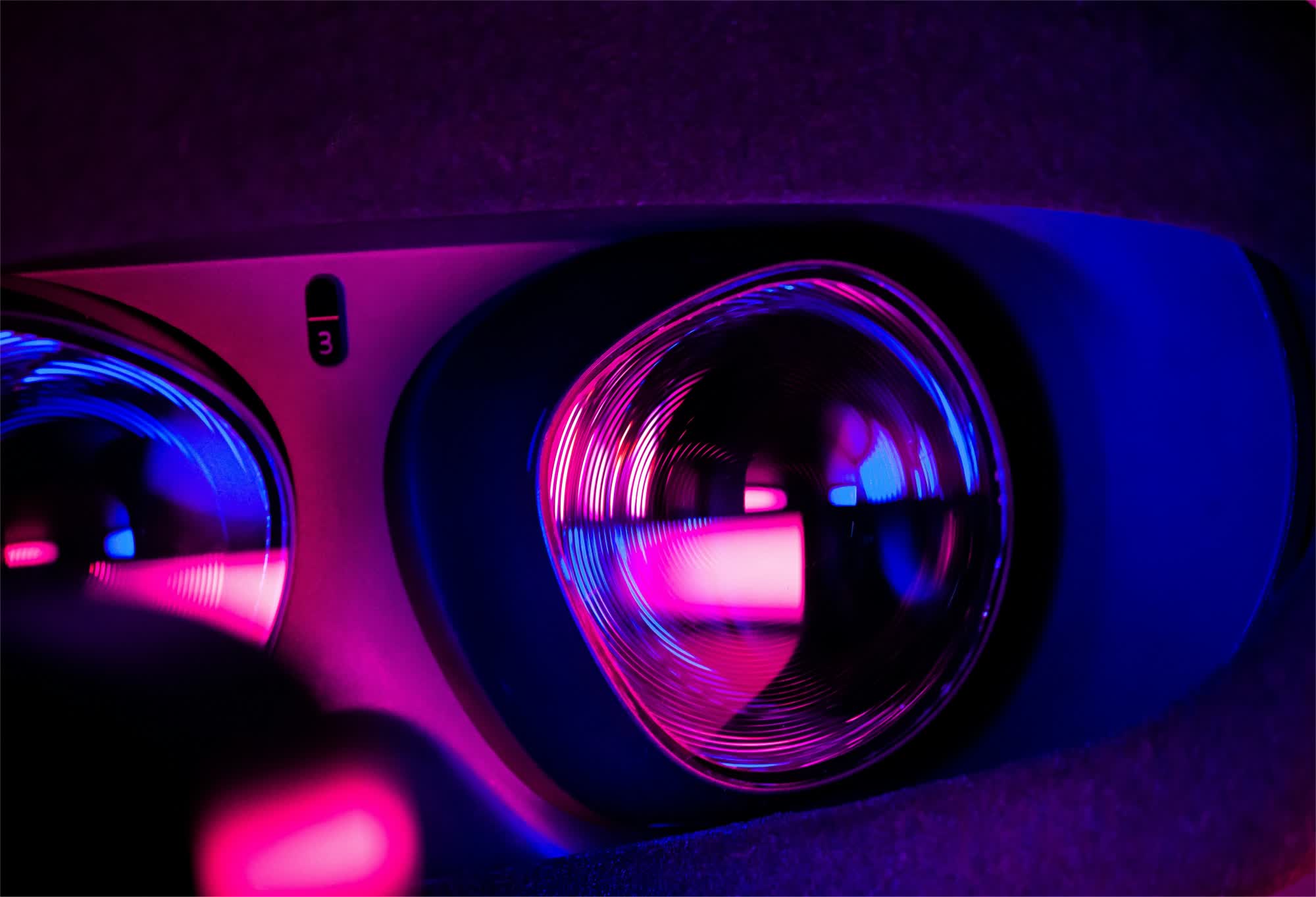Forward-looking: Tim Berners-Lee submitted a proposal for the World Wide Web on March 12, 1989, while working as a scientist at CERN. The invention would change the course of human history. Now on its 35th anniversary, Berners-Lee has shared some predictions regarding the future of the web.
The technologist believes artificial intelligence will be big, and that everyone will have a personal digital assistant that they can trust, kind of like a doctor. Robert Blumofe, CTO at tech firm Akamai, took it a step further by envisioning a future where AI agents take over the web and perform day to day tasks on behalf of humans.
We will still turn to the web for entertainment like TV shows, movies, and games, Blumofe notes, but that might be the extent of it.
"Human beings can go back to our lives in the physical world greeting each other face to face as a physical experience, rather than a virtual experience," Blumofe said.
Elsewhere, Berners-Lee thinks future us will have full control over our data on the web. One way this could come to fruition is through the use of data pods, which Berners-Lee is already working to develop through Inrupt - a commercial venture to help build Solid.

Another vision involves virtual and mixed reality tech becoming far more integrated into our daily lives. For example, one might be able to start a task using a VR headset then take it off and seamlessly move to a larger screen like a television. And if you suddenly need to leave, everything can come with you on your phone.
"The experience will be as one. It should very smoothly go between different devices," Berners-Lee said.
Something that could happen sooner rather than later is a Big Tech company being forced to break up. Recent changes like the adoption of the Digital Markets Act could signal bigger changes on the way, although Berners-Lee said he does not know which companies might be targeted.
Berners-Lee and Blumofe are surprisingly optimistic about the future of the web, especially considering how topics like data privacy and being disconnected from the real world have played out in recent years.
Image credit: Josefina Di Battista, James Yarema
